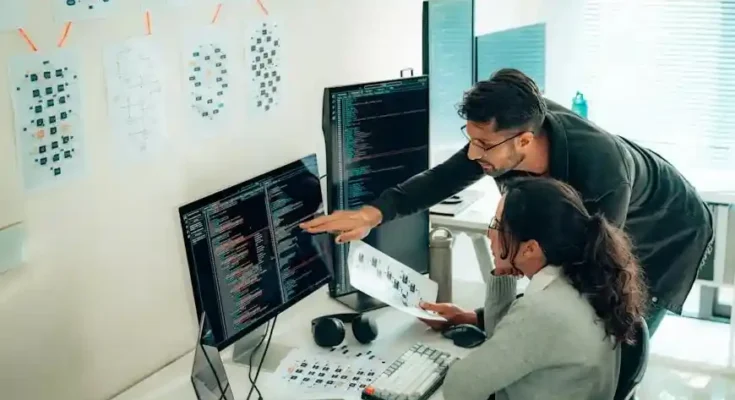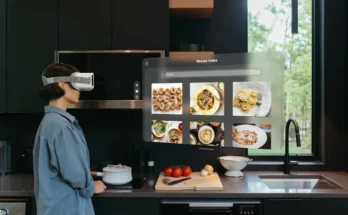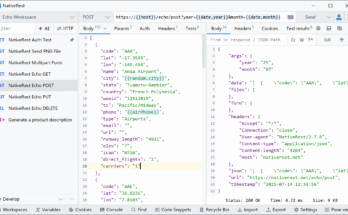Welcome to the Age of Code:
If you listen closely, the hum of our world is changing. It’s no longer the rustle of paper, the clang of machines, or even the ringing of phones. It’s the soft, omnipresent buzz of data moving across servers, algorithms solving problems in milliseconds, and code shaping the way we live, love, and work. Welcome to the Age of Technology—a reality no longer reserved for science fiction.
Tech is no longer just an industry. It’s a culture. It’s an atmosphere. It has woven itself into our daily lives so seamlessly that it often goes unnoticed, much like oxygen. But behind every swipe, click, tap, and stream lies a story of human ingenuity, innovation, and sometimes, unintended consequences.
The Invisible Hand of Innovation:
While many envision technology as gadgets and gizmos—smartphones, drones, electric cars—the real magic lies in the invisible. It’s in the code that powers your favorite app. The artificial intelligence that predicts your next binge-worthy series. The algorithm that curates your feed so well, you feel seen.
- The Power of Algorithms
Algorithms are the unseen architects of our digital lives. From social media to streaming platforms, from online shopping to dating apps, algorithms personalize our experiences with uncanny accuracy. They learn our behavior, anticipate our needs, and guide our choices—often without us realizing it.
For a deeper understanding, see this LinkedIn article on how algorithms are reshaping industries. It explains how algorithms influence markets, consumer behavior, and even job trends.
But with great power comes great responsibility. As tech continues to shape behavior, questions arise. Who controls the algorithms? What biases do they carry? How much autonomy are we giving up in exchange for convenience?
- The Rise of Artificial Intelligence
Artificial Intelligence (AI) is no longer confined to futuristic fantasies. It’s present in voice assistants, customer service bots, healthcare diagnostics, autonomous vehicles, and even art creation. AI is becoming the new electricity—a foundational force powering every sector.
Yet, it also raises critical concerns. Can we build ethical AI? Can we trust machines to make decisions once left to human judgment? The conversation has shifted from can we do it to should we.
Redefining Connection in a Digital World:
Technology has forever changed how we connect. It has shrunk continents into chat windows, replaced letters with emojis, and created spaces where virtual communities thrive. But with connection comes paradox.
- From Global to Personal
Social platforms have redefined human interaction. You can now share a photo from your breakfast table and have it seen across the world in seconds. Families video-call across time zones. Teams collaborate from different continents as though they were in the same room.
Yet, as global connectivity rises, so does personal isolation. We are more “connected” than ever, but often lonelier. Real conversations have turned into double-taps, and genuine emotions sometimes drown in curated digital perfection.
- The Metaverse and Virtual Reality
As we look ahead, the metaverse promises a new layer of immersion. It’s more than just VR headsets—it’s a digital universe where you can live, work, play, and socialize through avatars. Offices, concerts, even weddings are starting to appear in virtual spaces.
While this technology has incredible potential—breaking physical barriers, offering new modes of creativity—it also poses existential questions. What happens when our virtual lives become more engaging than our physical ones?
Tech and the Modern Workspace:
The workplace has become one of the most noticeable areas transformed by tech. The 9-to-5 office, once defined by fluorescent lighting and fixed cubicles, is evolving into a flexible, digital-first ecosystem.
- Remote Work and Digital Nomadism
The pandemic didn’t invent remote work, but it certainly accelerated its adoption. With tools like Zoom, Slack, and project management platforms, geography has become irrelevant for many professionals. We’ve entered an era where the beach can be your office and Wi-Fi is more important than the corner desk.
This freedom, however, comes with its own set of challenges: work-life boundaries blur, screen fatigue rises, and human connection sometimes feels artificial. Companies must now balance efficiency with empathy as they navigate this hybrid reality.
- Automation and the Future of Jobs
Automation, AI, and robotics are redefining job roles across industries. While repetitive tasks are increasingly handled by machines, there’s a growing demand for roles focused on creativity, strategy, and human insight.
According to U.S. Department of Labor insights, the future of work will favor those who continuously upskill and adapt to new technologies.
The future isn’t jobless—it’s job-shifted. Those who adapt, upskill, and embrace lifelong learning will thrive. The question for society becomes: How do we ensure no one is left behind in the rush toward automation?
Ethics, Privacy, and the Digital Dilemma:
For all its promise, technology is not without its shadows. We now live in a world where data is the new oil, and every click, location, and preference is collected, analyzed, and often sold.
- The Cost of Convenience
Smart homes, wearables, and connected devices offer immense ease. You can control your thermostat from your phone or get health metrics from your watch. But in return, you hand over personal data. Are we trading too much of our privacy for convenience?
The recent wave of data breaches, surveillance controversies, and digital misinformation has forced societies to reexamine the role of tech companies and the laws that govern them. Transparency and digital rights are no longer optional—they’re essential.
- The Fight for Digital Balance
As we spend more of our waking hours online, maintaining a healthy relationship with technology has become crucial. Digital wellbeing tools, screen-time trackers, and tech-free zones are emerging solutions in the battle against digital overload.
Because technology should be a tool—not a tether.
The Green Tech Revolution:
Innovation is also turning its gaze toward the planet. The intersection of tech and sustainability is birthing new solutions aimed at solving our most urgent crisis: climate change.
- Smart Cities and Clean Energy
Tech is helping cities become smarter—integrating traffic systems, waste management, and energy grids to minimize environmental impact. Solar panels, wind farms, and battery innovations are turning renewable energy into a mainstream reality.
Startups are even using AI to monitor endangered species, drones to plant trees, and blockchain to create transparent supply chains. The message is clear: the future must be both connected and conscious.
Looking Ahead:
The story of technology is far from over. In fact, we’re only in the early chapters. As quantum computing, biotechnology, and space tech rise on the horizon, our world is set to transform in ways we can barely imagine.
But with every invention comes a choice. Will we use it to divide or unite, to exploit or elevate? Tech, at its core, is neutral. It reflects who we are—and who we strive to become.
Conclusion:
Amid all this innovation, the greatest challenge—and opportunity—is staying human. In the noise of notifications and the rush of progress, we must remember what tech was always meant to do: enhance life, not replace it.
So let’s continue building smart homes, but also build stronger communities. Let’s automate tasks, but not relationships. Let’s embrace the future, but stay grounded in the values that make us human—empathy, creativity, curiosity, and care.
In the end, the most powerful technology will always be the one that brings us closer—not just to each other, but to the best version of ourselves.




